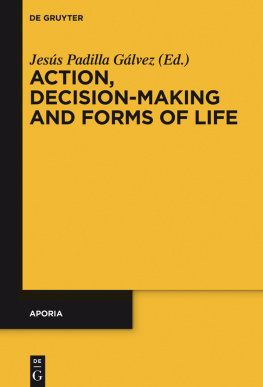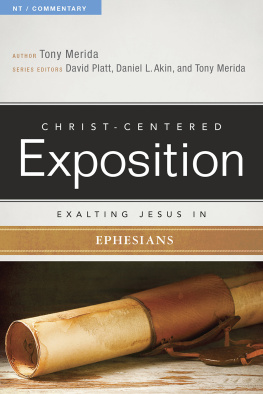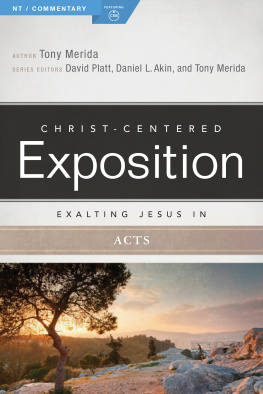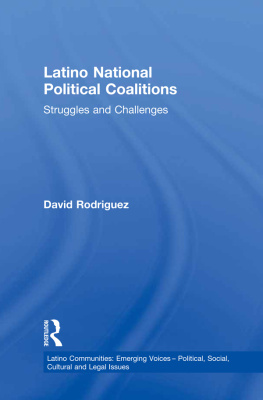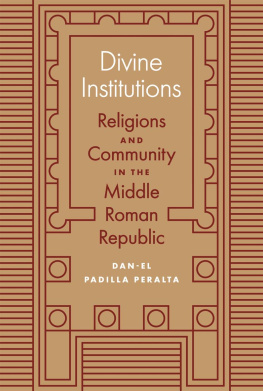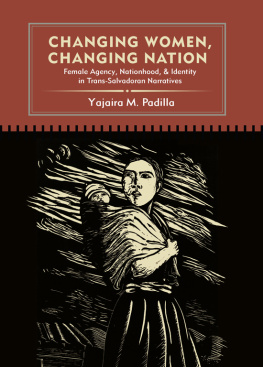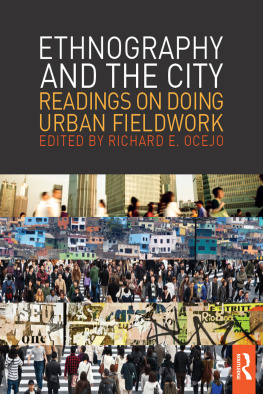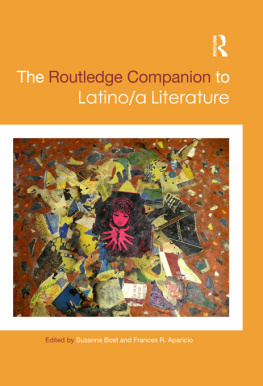LATINO URBAN ETHNOGRAPHY AND THE WORK OF ELENA PADILLA
LATINOS IN CHICAGO AND THE MIDWEST
Series Editors
Frances R. Aparicio, University of Illinois at Chicago
Pedro Cabn, State University of New York
Juan Mora-Torres, De Paul University
Maria de los Angeles Torres, University of Illinois at Chicago
A list of books in the series appears at the end of this book.
2010 by the Board of Trustees of the University of Illinois
All rights reserved
Manufactured in the United States of America
1 2 3 4 5 C P 5 4 3 2 1

This book is printed on acid-free paper.
Library of Congress Cataloging-in-Publication Data
Latino urban ethnography and the work of Elena Padilla / edited by Mrida M. Ra.
p. cm.(Latinos in Chicago and the Midwest)
Includes bibliographical references and index.
ISBN-13: 978-0-252-03576-0 (hardcover : alk. paper)
ISBN-10: 0-252-03576-3 (hardcover : alk. paper)
ISBN-13: 978-0-252-07763-0 (pbk. : alk. paper)
ISBN-10: 0-252-07763-6 (pbk. : alk. paper)
1. Puerto RicansCultural assimilationNew York (State)New York.
2. Puerto RicansCultural assimilationIllinoisChicago.
3. Puerto RicansNew York (State)New YorkSocial conditions.
4. Puerto RicansIllinoisChicagoSocial conditions.
5. New York (N.Y.)Social conditions.
6. Chicago (Ill.)Social conditions.
7. Padilla, Elena, 1923I. Ra, Mrida M.
F128.9.P8L37 2010
305.868'7295dc22 2010043115
ACKNOWLEDGMENTS
First and foremost, my thanks go to Elena Padilla, whose willingness to publish her masters thesis and contribute to the project made editing this collection possible and an incredibly rewarding experience. Since 2002, when we first met at the Puerto Rican Studies Conference in Chicago, Dr. Padilla has supported this endeavor and welcomed the opportunity to engage with scholars reclaiming her work. For their part in making this volume possible, I am deeply indebted to its contributors, Zaire Z. Dinzey-Flores, Ana Yolanda Ramos Zayas, Nick De Genova, Arlene Torres, and Elena Padilla. Thank you for many rich discussions and your unfailing enthusiasm for the project.
Words of appreciation must be extended to the undergraduate students at Williams College who provided invaluable assistance at different stages of this work: Angelica Rodrguez, Christine Rodrguez, and, most especially, Taisha Rodrguez.
I would like to thank Alford A. Young Jr. and the anonymous reader who reviewed the manuscript for the University of Illinois Press. The comments, suggestions, and insights they offered made this a better book. Joan Catapano, the acquisitions editor at the press, was helpful at many turns in the book-making process, and thanks, too, to Jane Curran for superb help with copyediting and to Laurie Prendergast for putting together a top-notch index. To Frances Aparicio for her vision and championing of a series that would produce critical editions of previously unpublished manuscripts documenting the histories, struggles, and contributions of Latinos in the Midwest. She has encouraged and guided this collection from the earliest conception.
And finally, to the many who have inspired ideas, asked difficult questions, and offered good cheer when it was most needed, I am profoundly grateful.
Mrida M. Ra
INTRODUCTION
At the Crossroads of Urban Ethnography and Puerto Rican Latinidad
Mrida M. Ra and Arlene Torres
Elena Padilla was at the crossroads as a scholar undertaking community studies in order to develop theories about social change in a rapidly changing urban landscape in the mid-twentieth century. She was asking questions about the utility of ethnographic method to address these very concerns experimenting with grounded theories and anthropological approachesevinced in the Chicago- and New Yorkbased studies. In her 1958 ethnography, Up from Puerto Rico, Padilla questioned if a positivistic approach, which entailed participant observation, would allow her to understand the Puerto Rican experience in East Harlem. Up from Puerto Rico was a community study that dealt with the sociocultural landscape from the perspective of the ethnographer and her interlocutors. Therein, she experimented with a grounded theoretical model, albeit unevenly throughout the work, that included perspectives of people to critically present and analyze culture and social change. Her legacy is reflected in the scholarship of the contributors to this volume.
Each chapter in Latino Urban Ethnography and the Work of Elena Padilla addresses the contradiction embedded in the objective theoretical lens of urban sociology and ecological studies that do yield data about structural relations but limit our understanding of how social processes inform day-to-day social interaction in a particular social milieu in Chicago and New York.
While Padilla was known, then and even now, for the work Up from Puerto Rico and her contribution to Julian Steward et al.s The People of Puerto Rico, little is known about the work that ensued prior to these publications. This volume seeks to focus on the thesis and to bridge the theoretical and methodological concerns represented in the larger corpus of her scholarly endeavors via the historical and contemporary analysis of the Puerto Rican experience in Chicago, New York, and Puerto Rico.
The Making of an Urban Ethnographer
At the tender age of nineteen, Elena Padilla was already a graduate student at the University of Chicago and the youngest member of a cadre of University of Puerto Rico graduates sponsored by the chancellor of the University of Puerto Rico (UPR), Jamie Benitez, in 1944. Benitezs objective was to prime the future faculty of the University of Puerto Rico as part of the nation-building project to establish a system of higher education with a largely autochthonous faculty and administration trained at elite institutions abroad. Ricardo Alegra, the first director of the Institute of Puerto Rican Culture and the founding director of the Museum of the Americas in Old San Juan, and Muna Munita Muoz Lee, daughter of Puerto Ricos first popularly elected governor, Luis Muoz Marin, and the poet, feminist, and Pan-American activist Muna Lee, were other members of the Chicago group.
As a graduate student in the anthropology program at the University of Chicago from 1944 to 1947, Padilla worked with leading scholars in the discipline. She enrolled in courses with Sol Tax, Robert Redfield, Lloyd Warner, Faye Copper Cole, and John V. Murra. Famed Chicago School sociologist Louis Wirth, for whom she served as a research assistant on the Committee on Interracial Relations (19461947), was another central figure in her preparation at Chicago. The Chicago tradition of empirical research underscores the ethnographic case study as a means to discern the sociocultural and spatial dynamics of city dwellers. Ethnographers carry out intimate and systematic investigations of urban social life and culture whereby the researcher compiles detailed accounts of direct observation, conducts formal and informal interviews with willing participants, and consults accessible documentation (i.e., institutional archives or personal collections of papers and photographs). Early studies dealt with the prevailing social questions of immigration, race relations, community structures, and a host of other social issues of the time. These scholars were interested in developing theories about how sociocultural transformations take place, on the one hand, and how individuals assimilate and are integrated in new settings, on the other hand. In short, their primary concern was how individuals or ethnic groups adapt in environments constituted by rapid social change (see the chapter by Nicholas De Genova).


 This book is printed on acid-free paper.
This book is printed on acid-free paper.
